NEW YORK (Reuters Health) – Including almonds in an overall healthy diet may help to reduce cholesterol levels, the results of a small study suggest.
According to the report funded by The Almond Board of California and the Canadian government, adults who substituted 74 grams of almonds (about 2 ounces) for other foods reduced their LDL (“bad”) cholesterol by nearly 10% after 1 month. Adults who consumed fewer nuts also saw their cholesterol levels fall, researchers report in the September 10th rapid access issue of Circulation: Journal of the American Heart Association.
However, adding nuts to a diet already sufficient in calories and fat could lead to weight gain, a risk factor for heart disease, cautions Julie Walsh, a spokesperson for the American Dietetic Association. While nuts are rich in protein and healthy monounsaturated fat, they are also high in calories.
“People have to remember when they eat nuts they have to take out calories elsewhere,” Walsh said in an interview with Reuters Health.
The study included 27 adults with high cholesterol and an average age of 64 years, who agreed to follow three diets with a different snack of about 420 calories per day, for a month each.
The first diet included a snack of 74 grams of almonds, the second diet included about 37 grams of almonds plus one-half of a muffin, and the third diet substituted a whole-wheat muffin, low in saturated fat, for the nuts. The muffin had roughly the same amount of protein and saturated and polyunsaturated fat as the nuts.
But almonds are higher in monounsaturated fat, found also in avocados, olive oil and other types of nuts. When substituted for saturated fat or trans fat, which is found in processed foods and baked goods, monounsaturated fat has been shown to lower cholesterol levels.
Indeed, adults eating the diet with more almonds reduced their LDL cholesterol by 9.4% and lowered their ratio of LDL to HDL (“good”) cholesterol–an important marker of heart disease risk–by 12%, after one month.
The diet with the half-portion of almonds was associated with a more than 4% average reduction in LDL and a nearly 8% reduction in the LDL to HDL ratio. Average cholesterol levels did not fall in those on the diet that included just the muffin. There was no change in body weight associated with any of the snacks.
“Almonds (and nuts) may be included as part of a healthy diet to reduce the risk of heart disease without weight gain,” Dr. Cyril W.C. Kendall, a study author from the University of Toronto in Canada, told Reuters Health.
“The health benefits would be observed in individuals with high cholesterol and in those with normal levels,” he added.
